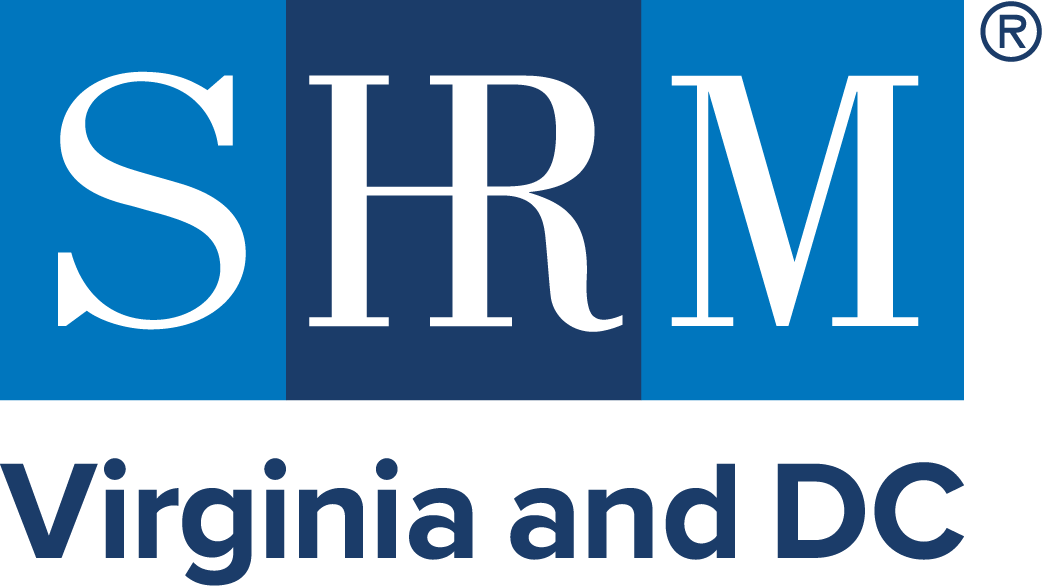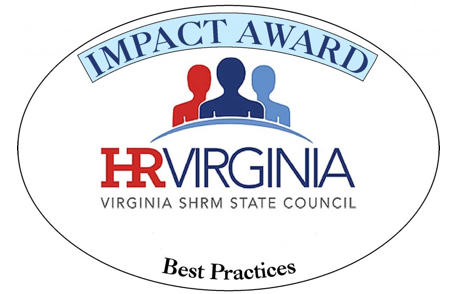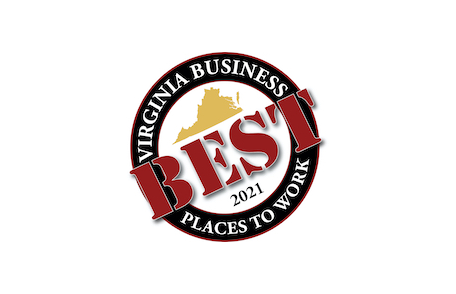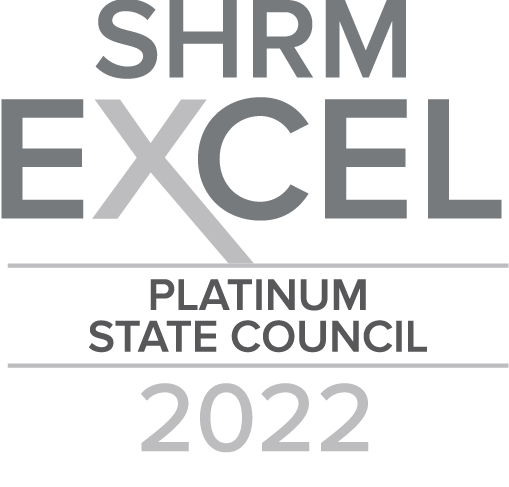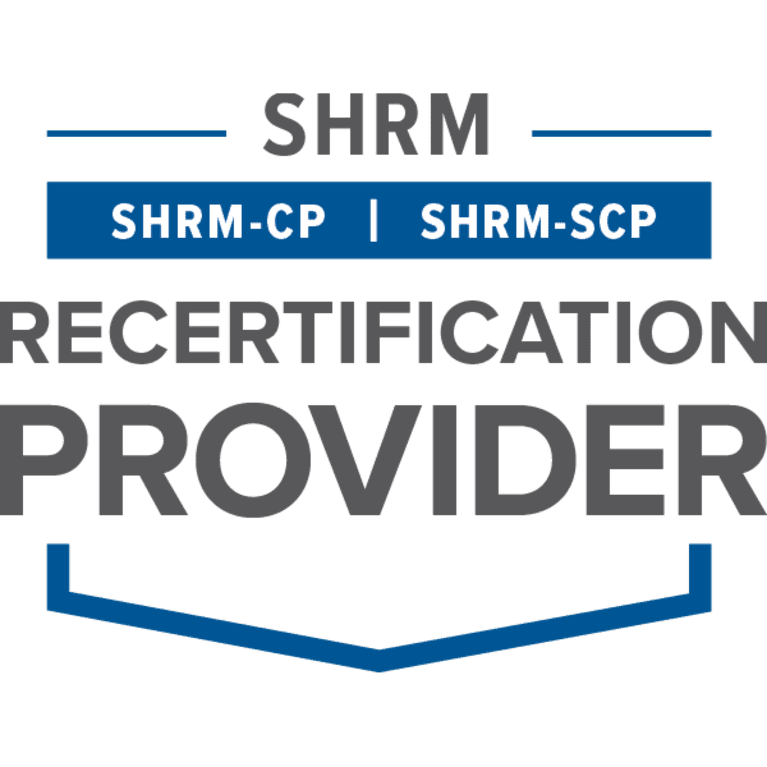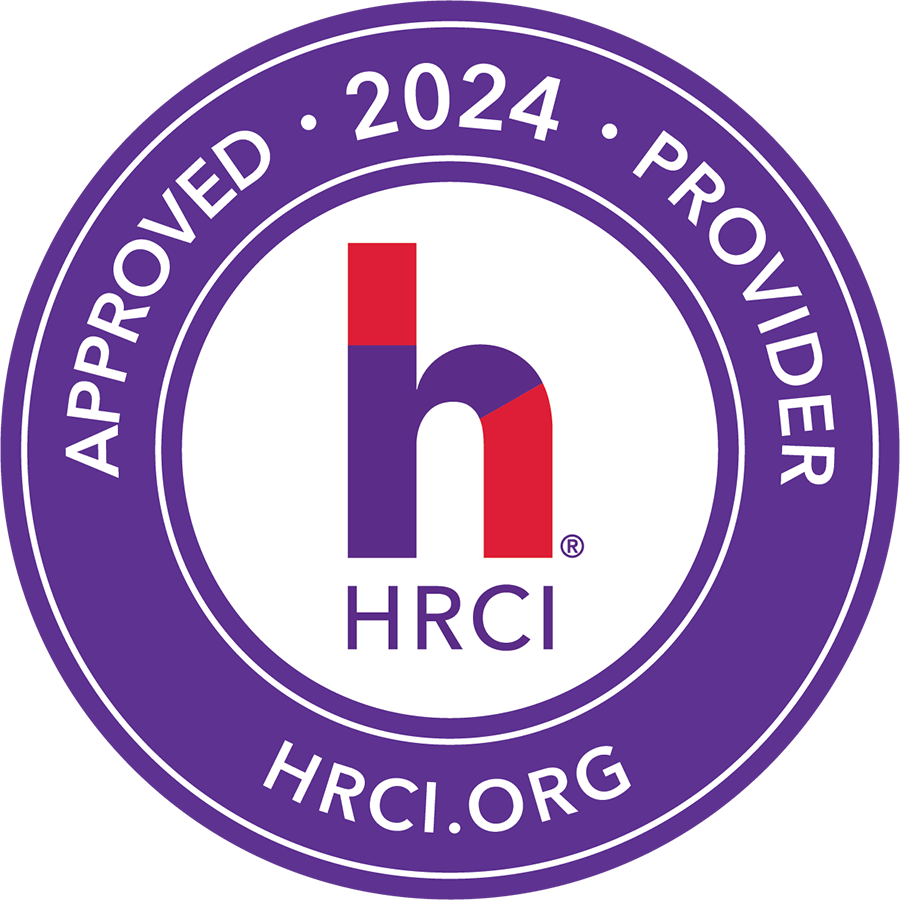Take a look at any current job posting for an open position that contains “employee relations.” Most of the positions will have a large focus on conducting workplace investigations, staying abreast of laws and regulations, or other matters concerning workplace civility. Depending on the type of organization, you may sprinkle in responsibilities for employment policies, performance management, or “voice of the employee” programs such as exit interviews. The function has largely been unchanged for at least a decade and remains one of the harder to fill roles in human resources.
Today’s business environment is more complex and ambiguous than ever. Post COVID-19, the world of work is forever changed, causing organizations to transform at an unprecedented pace. Companies are trying to mitigate risk associated with talent shortages at the same time employee preferences have shifted to the point where they are commanding businesses to rethink their people strategies or face a revolving door of talent, and maybe reduced earnings because of the internal chaos.
It’s time to transition employee relations to the employee experience function. First let’s establish a clear delineation between the two:
- Employee Relations, according to Forbes, is defined as the relationship between or among an employer and its employees. Its focus is on encouraging employee engagement through community building, conflict resolution, and policy application.
- Gartner describes employee experience as the way in which employees internalize and interpret the interactions they have with their organization, as well as the context that underlies those interactions.
Employee experience provides more of a strategic focus around the moments that matter to employees during the employment lifecycle. It helps to define how the employer brand is presented to external candidates and informs the employee value proposition (EVP) which will drive attraction + recruitment, onboarding, learning + development, reward + recognition, and alumni advocacy. Excelling along the experience journey will help organizations win the war for talent and retention. This is where Human Resources can move beyond a highly standardized approach and begin delivering human centric personalized solutions.
This shift can transition Human Resources to its next great iteration, a business function focused on providing custom experiences instead of primarily compliance and hospitality. However, we don’t have 75 years to do it. The pandemic and the shift in employee preferences has forecasted that the Ulrich model may not be enough for the organization of today. We need a human-centered function that can be agile to reallocate resources, expedite the leader transition from managers to coaches by removing the complexities around people management, and deliver people services in a customized, design centered approach.
How can leaders begin the employee experience journey? First, start with the business strategy. Determine the organization’s top priorities in the next two, five, or even ten years and what role the employees play in achieving its goals. This will help shape your workforce planning strategy to fill the talent gaps and prepare for the future state. Next, you will want to consider your employment brand. How does your brand show up in the external and internal environment? Are you honoring the commitments promised during the recruiting courtship? This is just the starting point, but don’t worry! HR Virginia will bring you more insights into how to utilize this information to create your employee experience values and goals soon!
About the Author
Calvin Callahan, II
Calvin began his professional career at Dominion Energy in the Supply Chain Management field procuring critical path materials and progressing to chemical category management. Shortly after attaining his master’s in human resources management from the University of Richmond, he transitioned into the Human Resources profession where he has remained for over a decade. Calvin has held Human Resources roles such as a HR Business Partner, Employee Relations Consultant, Diversity, Equity, and Inclusion Consultant and HR Manager. Currently, he is an Associate Director, Talent & Culture for The Martin Agency. Over the past several years, he has focused on the employee experience. This focus led to his creation of Chartwood Consulting, LLC which guides small businesses to develop employee experiences into a competitive advantage.

